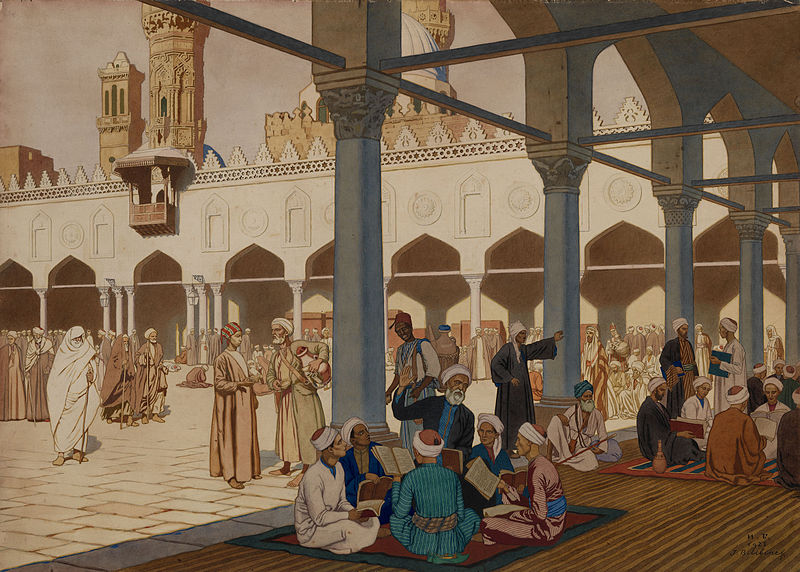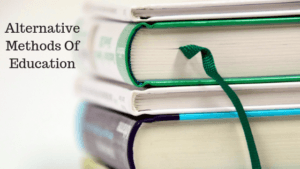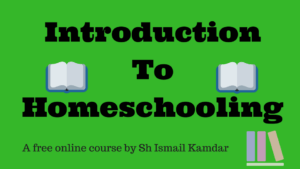What is learning anyway? When people say they learned something, is it the same as getting a degree or completing a formal class? I believe that there is a huge difference between learning and education and that learning is far more important than ‘formal education’.
Learning, is psychology, is defined as a permanent change in behavior. Education is generally defined as completing a formal study program. Sometimes the two occur together, but often they do not. An example of this is running a business. Someone could complete a degree in business studies, yet still, be clueless on how to successfully start and run a business. Someone else, having never been to business school, but growing up working in his father’s shop may know exactly what is needed to make a business thrive. The first has an education, the second learned how to do business. The first has a degree, the second has the experience that permanently changed the way he does business.
The Problem with Education
There is an overemphasis on formal education today. Far too many people are taught that in order to succeed in life, they need a degree. Reality is that just as many people succeed in life without a formal education, as those who do. Perhaps even more. Education today has become a business revolving around memorization, regurgitation, accolades, and bureaucracy. Whether in school or university, it is very easy to pass by simply memorizing, remembering a few points for the tests, scoring some awards, and pleasing the right people.
This doesn’t make a person ready for the real world, or truly indicate that they have learned anything. The school system doesn’t take into account things like different learning styles, evolving technologies, real-world life skills, or shaping the behavior of students in a positive way. For too many young people, school and university are simply a game of survival and ‘passing the test’. There is no motivation to learn, grow or improve through the experience, except for a few exceptional students.
The School of Life
Young people can learn a lot more by living their lives outside of these institutes than they do in them. They can choose a learning style that suits them like reading, listening, doing or asking questions to an expert. They can choose fields they are interested in and pursue those entirely. Most importantly, they can experience life, make mistakes, and learn through all of this.
So someone who learns well through reading and wants to be a computer specialist would benefit more from sitting at home reading coding books all day. A potential athlete would benefit more from spending his prime learning years practicing, instead of sitting in a classroom. A future chef would be successful far quicker if she spent her educational years with a mentor, instead of learning history and algebra. And a future inventor would benefit more from tinkering in his home lab (like Einstein did) then from going to school.
Life is where the real learning happens. It is outside the classroom in the workplace, the home, books, online courses, mentoring, practicing, and exploring. These are the places were true learning thrives and happens. Schools have simply become babysitters to keep children out of the parents’ way, rather than actual places of learning.
Its time to do away with school altogether
That may sound like a radical thought. Maybe it is. But every day more and more people are thinking about it. The world is changing. Knowledge is available online in almost any field. As I write this, two of my children are attending online courses, while the other two are using YouTube to explore their interests. All of them spend more time reading books than attending formal classes. And each of them enjoys learning and loves the entire system we have developed for them.
The world is changing. We have the technology. We have the internet. We have the resources at home. We no longer need an outdated industrial-era system of education. Either we revamp it completely or throw it out the window. The longer society takes to make this decision, the more people will waste a large portion of their lives thinking they are learning while doing nothing more than simply receiving an education.
A few alternatives to school and university
But school and university are the only paths to success, right? Not anymore, here are a few alternatives:
1. Homeschooling
2. Online Learning
3. Self Education
4. Starting a Business
5. Finding a mentor
6. Interning
7. Unschooling
8. Traveling
9. Reading
10. Spending time with people who have succeeded in your field of interest
All of these methods are far more beneficial than wasting a large portion of one’s life in a classroom. Find a method that works for you and start today, even if it is for just an hour a day after school.
NOTE: I am NOT anti-education. I am simply writing this to get people thinking about alternatives. School isn’t working, it is outdated and needs a revamp. Until we do so, there is no harm in exploring alternative forms of education. We shouldn’t deceive ourselves into thinking that passing tests and receiving accolades is real learning. Furthermore, formal education is still necessary for certain career paths like medicine and psychology, so we can’t do away with it altogether. It is important, but not as important as real learning, that is where life happens.
Ready to begin your life of self-learning? Check out our starter bundle here to begin.
Get The Bundle




